Tag
#Posco
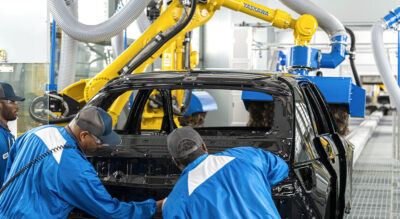
Hyundai to source steel and battery materials from Posco
07.05.2025
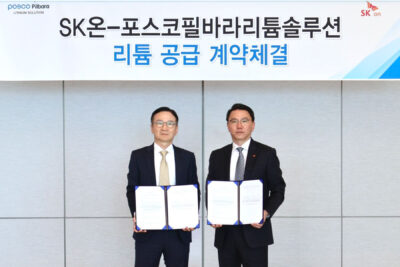
SK On orders lithium from Posco
25.11.2024
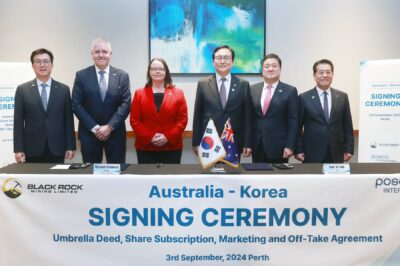
Posco invests in Black Rock Mining for graphite supply
09.09.2024
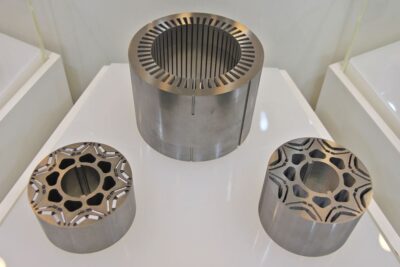
Posco lays foundation for motor core factory in Poland
12.06.2024
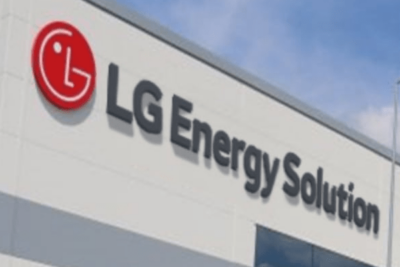
LGES and Posco reduce battery investments
26.04.2024
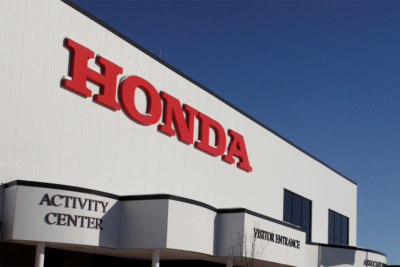
Honda to build EV and battery factories in Canada
26.04.2024

Hyundai orders more motor cores from Posco
22.01.2024
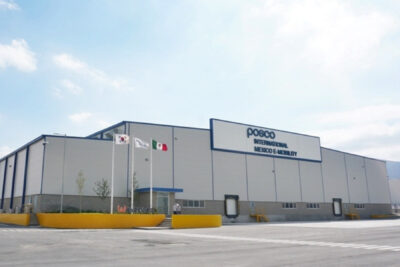
Posco pushes motor and battery business with over half a billion dollars
10.11.2023

Posco starts up production at drive plant in Mexico
23.10.2023
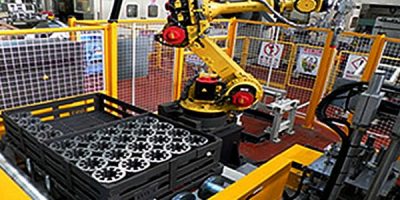
Hyundai places major drive core order with Posco
15.09.2023
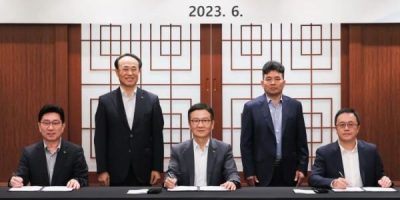
Posco to build further battery materials plants with support from China
05.07.2023
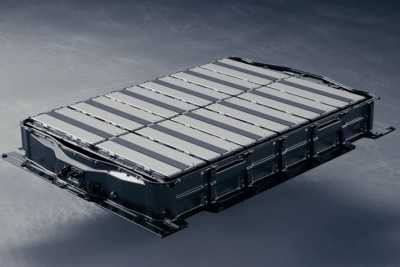
GM & Posco invest in CAM production capacities in Canada
05.06.2023

Canada invests in GM & Posco cathode plant
31.05.2023
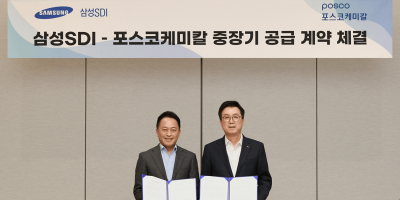
Samsung SDI orders NCA cathode materials from Posco
01.02.2023
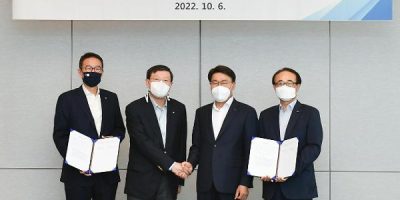
Posco & GS Energy announce plans for battery recycling joint venture
06.10.2022
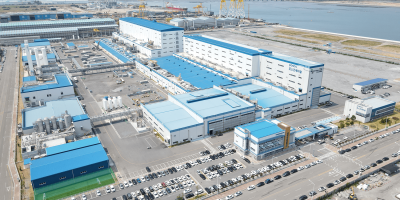
GM signs agreement with Posco Chemical for CAM
30.08.2022
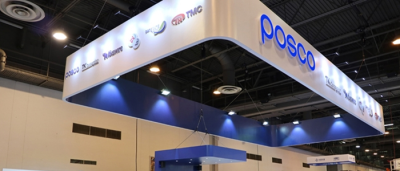
Posco takes over Tera Technos
12.07.2022

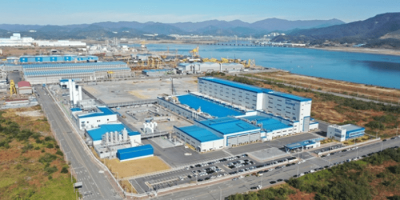
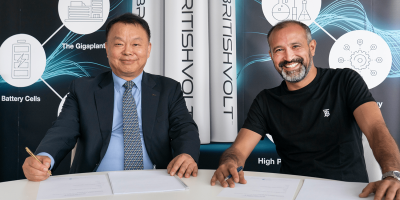
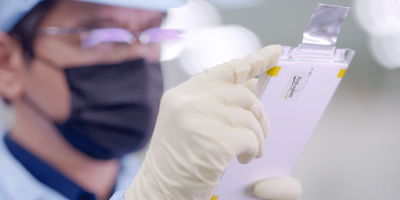
Last commented